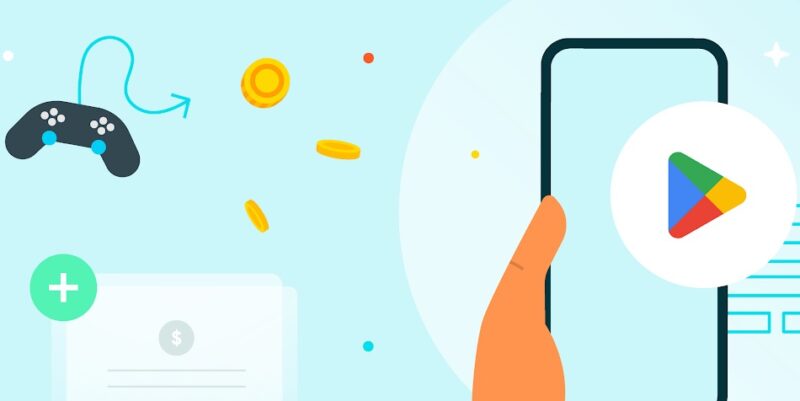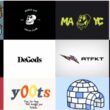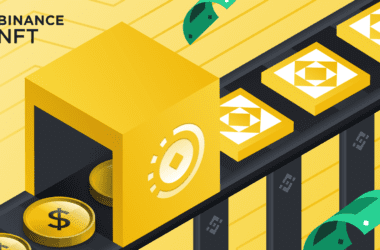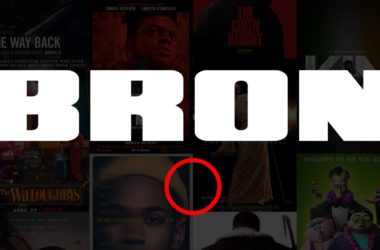Quick take:
- Mobile app developers will be able to leverage web3 items like NFTs and tokenised digital assets.
- The search engine giant is doubling down on its web3 strategy after its endeavours with Google Cloud.
- The Policy change connects the world’s most popular OS for gaming apps with the technology that is expected to redefine the future of gaming.
Google has announced changes to its Play Store policy, allowing mobile app developers to build blockchain-enabled applications. The technology giant is doubling down on its web3 strategy after making significant progress with Google Cloud.
With the new policy, mobile game developers will be able to integrate NFTs and tokenised gaming items into their games. However, the Google Play product manager Joseph Mills warned that developers must not promote or glamorise potential earnings from playing games or trading in-game assets.
“As part of the policy update, we’re requiring that apps be transparent with users about tokenized digital assets. For example, if an app or game sells or enables users to earn tokenized digital assets, developers must declare this clearly.”
“And while tokenized assets are meant to build more enriched, immersive experiences, as an added user protection, developers may not promote or glamorize any potential earning from playing or trading activities,” Mills wrote in a blog post on Wednesday.
This announcement comes at a time when the web3 industry has been experiencing slow penetration in the mainstream. Nonetheless, blockchain games have continued to prevail in the midst of the crypto winter accounting for about 38% of on-chain activity in the sector.
This clearly shows that gaming could provide the path to the mass adoption of web3. And industry experts think Google Play’s latest policy update could be the key to unlocking the full potential of the industry.
Commenting on the policy change, Jack O’Holleran, Co-Founder & CEO of SKALE Labs told NFTgators that the move signals a significant shift in the mainstream as the US catches up with the rest of the world.
“When the biggest platforms in the world start embracing blockchain projects we will continue to see the barrier between consumer-facing Web2 and Web3 experiences disappear. This will help people feel more secure and confident to enter into the world of blockchain gaming and help drive adoption and bring new users into the industry,” said O’Holleran.
Yat Siu, the co-founder and executive chairman of Animoca Brands, one of the biggest players in the blockchain gaming space commented: “Google’s upcoming update to its mobile software marketplace policy will allow developers to integrate NFTs into their apps on Google Play, which is a game-changer. This means that the most widely used mobile platform in the world will not only integrate with the Web3 ecosystem but also become a potential vehicle for onboarding unprecedented numbers of new users to Web3.”
Siu also commented on Google’s strong emphasis on transparency and on the avoidance of unethical promotion and gambling saying “[it] should help to provide protection and peace of mind for new and existing Web3 users.”
On the other hand, Gökçe Güven CEO and co-founder of NFT-powered brand loyalty and engagement solutions provider Kalder thinks that Google is creating a major leap towards the mainstream adoption of NFT technology.
“Mobile optimization is a crucial consideration for developers building all types of blockchain projects, especially consumer-forward products like games and NFT trading platforms. Now these products can easily be integrated into Google smartphones and tablets, [reducing the barrier to entry],” said Güven.
Osman Masud, CEO of The Game Company thinks that the policy changes will open new opportunities for the gaming ecosystem.
“Play Store’s support for blockchain-based apps and NFT integration brings web3 technologies to the forefront. This endorsement bridges the gap between traditional mobile gaming and the web3 ecosystem, introducing a wider audience to the benefits of decentralized finance, tokenization, and digital ownership,” said Masud.
Rasmus Rasmussen, CMO of Planet IX also feels that Play Store’s move could usher in the mass adoption of web3, especially because it gives blockchain-based games a better chance of competing with web3 mobile games.
“With the Play Store being one of the largest mobile app distribution platforms, this move brings Web3 technology and NFT integration to millions of users. Google embracing blockchain-based apps and NFTs sends a powerful message to the industry at large,” added Rasmussen.
Alex Altgausen the co-founder and CEO of Banksters believes that this policy change could eliminate one of the biggest obstacles to web3 adoption, accessibility.
“This update may make Web3 technologies more accessible, effective, and inclusive, which would encourage more users to engage with the decentralised ecosystem. The adaptation may encourage conventional industries and institutional players to use Web3 with more confidence, which would increase their adoption and facilitate their incorporation into popular apps and services,” he said.
Lindsay Anne Aamodt, Head Of Marketing at Upland commented: “We are excited that the future of web3 continues to be embraced by strategic partners, especially the Google Play Store. There is no doubt that blockchain-based experiences are the future of gaming and this update to the Googe Play policy allows us to freely reach the Android world with a unique value proposition.”
On the other hand, Chris Akhavan, Chief Gaming Officer and GM of Bitcoin at Magic Eden thinks that with clearer guidelines, this update paves the way for the development of web3-enabled mobile games.
“Mobile is the largest platform in the world by far for gaming, so the guidance Google is providing to the ecosystem will help encourage game studios to invest further into bringing the unique value of web3 technology to the massive audiences that can be reached through mobile games,” said Akhavan.
****
Stay up to date:
Subscribe to our newsletter using this link – we won’t spam!





